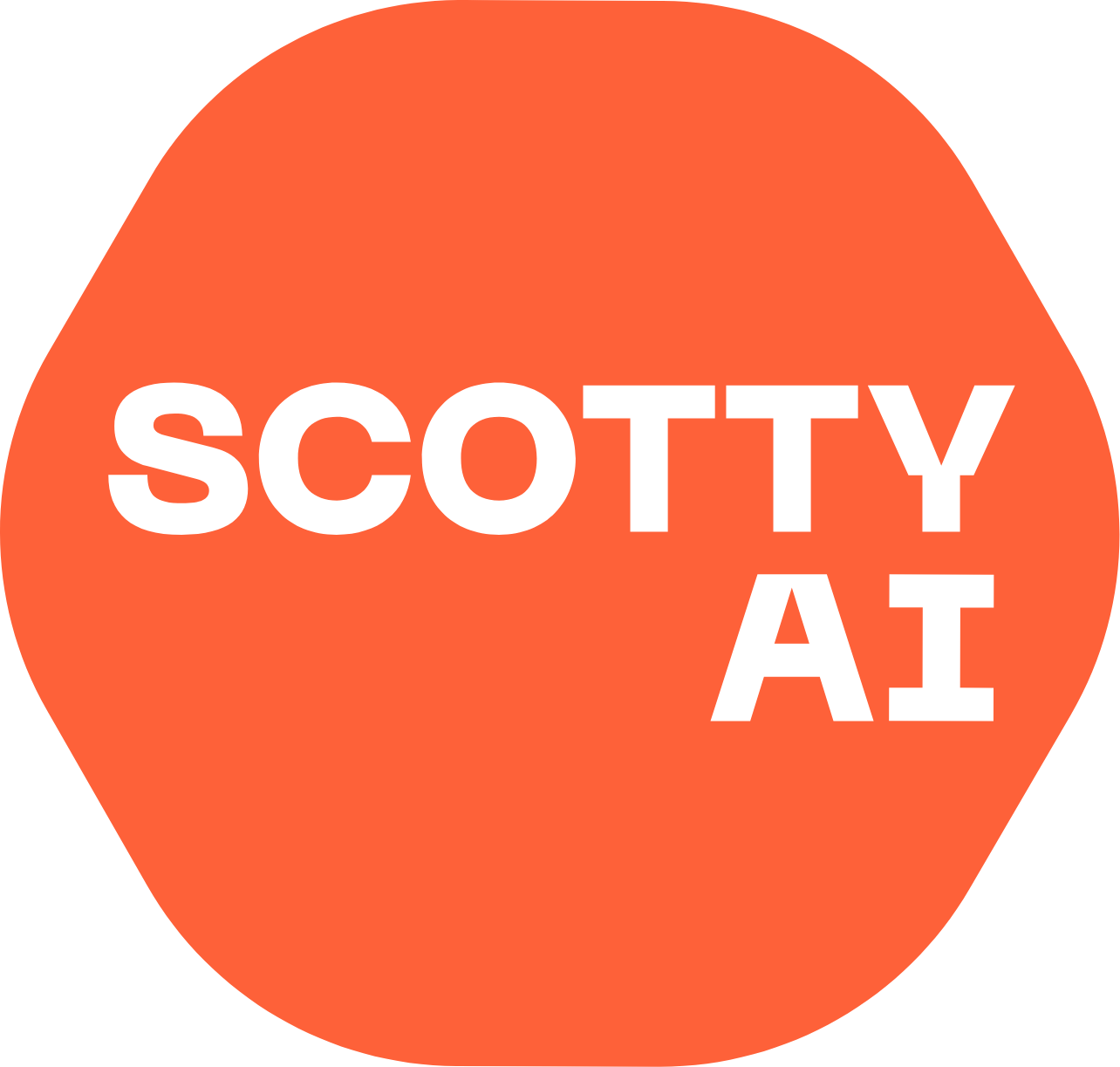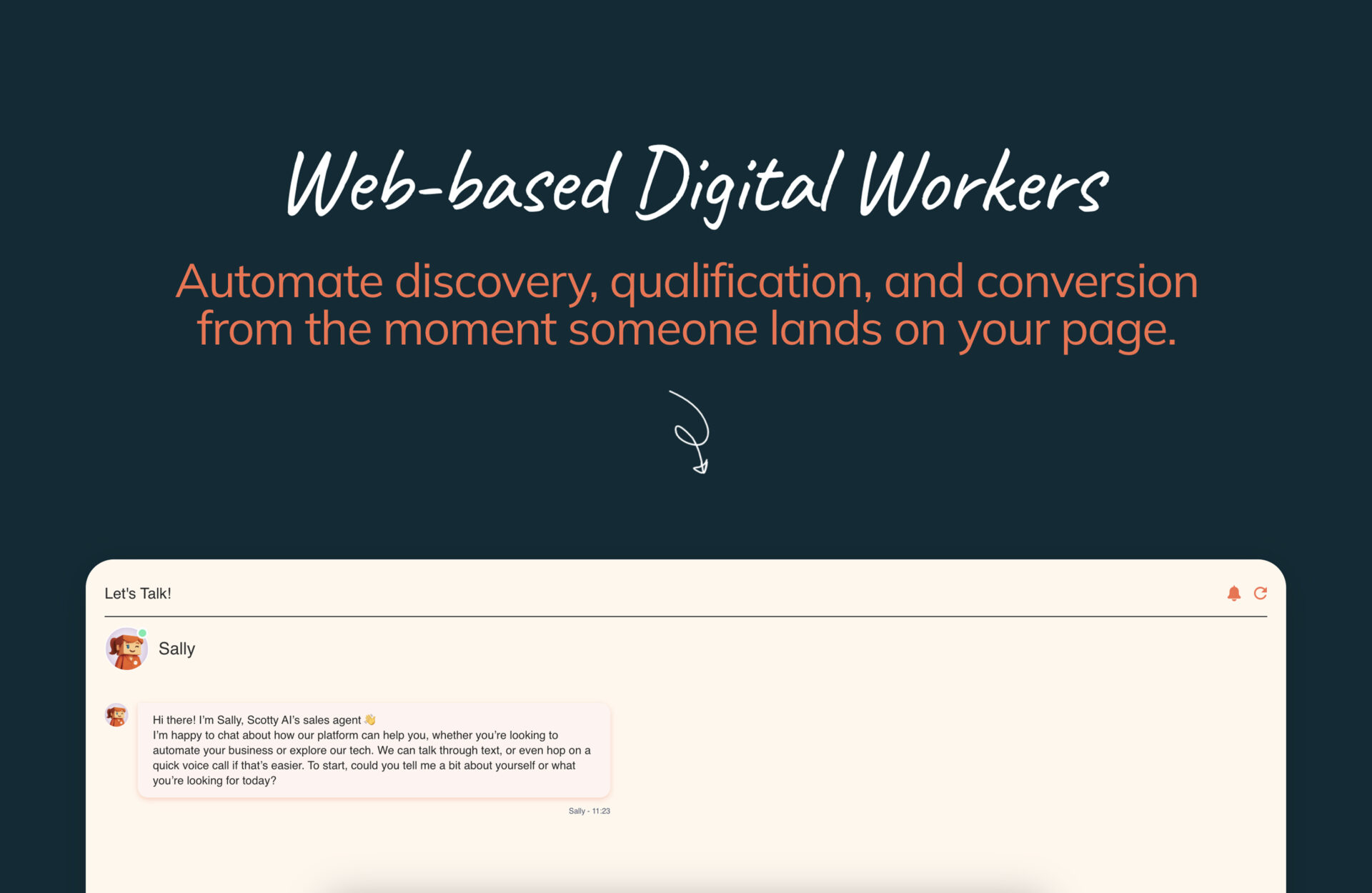This is episode one of our new interview series, recorded live at CIPD Festival of Work 2025. We partnered with Hudson RPO to ask one simple question: “How do you think AI will impact the profession?” Each episode features a different voice.
Welcome to the first episode of our new series, “AI in TA: How People Think It Will Impact the Profession.” In this kickoff video, recruiting guru Hung Lee sits down with Neil Ewington(Founder & Head of AI Innovation at AI Ready) to break down the realities of artificial intelligence in Talent Acquisition. We’ve all seen the hype and the fear-mongering, from “robots are coming for our jobs” to “AI will fix all your hiring problems”. Neil’s message cuts through the noise: AI is powerful, but it’s no magic wand (and it’s not here to steal all our jobs). In about 15 minutes of candid conversation, he lays out exactly what AI can do for recruiters, what it can’t do, and how TA professionals can ride this wave instead of being drowned by it.
Hype vs. Reality: Will AI replace recruiters?
If you’ve scrolled LinkedIn lately, you’ve probably heard that AI is about to make recruiters obsolete. Neil addresses this head-on. “The truth is, right now, AI is not going to fully replace 99% of roles”, he says, dispelling the doomsday. Despite the sensational headlines about “killer robots” or an imminent AI takeover, the reality on the ground in TA is far more nuanced. Yes, AI is changing how we work. Neil puts it as, “AI is a tool to augment recruiters, not a terminator to replace them”. In fact, he argues that the only thing recruiters should fear is falling behind if they don’t learn to leverage AI. “Proficient at prompting is the new proficient at Word,” Neil quips, meaning the modern recruiter’s superpower is knowing how to collaborate with AI.
What AI can do in Talent Acquisition
So what can AI actually do for TA today? Plenty, especially the tedious bits. Neil shares a great example: you could ask a generative AI to draft a complete maternity leave policy in seconds, and it would likely churn out a decent first draft faster than any human. In recruiting workflows, AI can already:
- Screen resumes and shortlist candidates at scale: Instead of wading through hundreds of CVs, an AI can analyze and match qualifications in a flash.
- Engage candidates 24/7: Digital assistants (like Scotty’s own AI agents) can answer candidate FAQs, schedule interviews, and even conduct initial screenings at any hour, giving candidates instant responses while recruiters sleep.
- Source talent from the entire internet: AI-powered sourcing tools can comb through LinkedIn, job boards, and social media to find potential fits that a human might miss, all in a fraction of the time.
- Automate repetitive admin tasks: From sending follow-up emails to coordinating interview logistics, AI excels at the routine tasks that otherwise eat up recruiters’ days.
The upshot? Speed and scale. Processes that used to take days or weeks (think scheduling a slate of interviews or filtering 500 applications) can be handled in minutes. AI doesn’t get tired or busy, it can juggle thousands of candidate conversations or data points in parallel. This means faster hiring cycles and the ability for small TA teams to accomplish work that once required an army of coordinators. As Neil emphasizes, AI is great at “removing the repetitive and laborious tasks” from a recruiter’s plate. It’s like having a tireless assistant (or ten) who never sleeps and never complains about doing drudge work.
“AI as Colleague” – Embracing AI in your team
One of the most interesting insights from this discussion (and the broader industry chatter at CIPD’s Festival of Work 2025) is the idea of treating AI not just as a tool, but as a team member. In fact, Stan Wasowicz, Scotty’s co-founder, recently observed that “AI isn’t (just) producing new tools for employees to use. AI is producing digital employees that use tools.” Think about that. Your AI systems (chatbots, matching algorithms, scheduling assistants, etc.) are essentially digital colleagues. They have roles, they take on tasks, they interact with people and software just like a human worker would (only faster and with a flawless memory).
What does that mean for Talent Acquisition leaders? It means implementing AI is not purely an IT project where you install software and walk away. It’s more like hiring and onboarding a new team member (albeit a virtual one). You need to train your AI (what is our hiring process? what criteria matter to us? how do we want to communicate our employer brand?). You need to define how your human team will collaborate with it, when should it handle things autonomously vs. when should it escalate to a person? It’s a change management and learning & development exercise as much as a tech upgrade. “This isn’t just an IT play, it’s an HR play,” as Stan put it.
The companies seeing the best results with AI are those who treat their AI agents as digital team members, instructing them, monitoring them, and continuously improving their “performance”. When you position AI alongside your recruiters (rather than above or against them), you turn it into a colleague that boosts everyone’s productivity. The ROI isn’t just in efficiency; it’s in how AI can enable your human recruiters to be more human, spending more time on relationship-building, strategy, and the creative parts of talent acquisition.
The Bottom Line
Neil’s parting advice in Episode 1 is essentially this: don’t be scared, get prepared. AI in TA isn’t a fad or a future prospect, it’s here now, and those who embrace it will have a serious advantage. A small TA team armed with the right AI “colleagues” can outperform a large team that’s doing everything manually. The flip side? Teams that ignore the AI trend risk falling behind. In fact, some in the industry are calling it an “AI or die” situation, adapt and upskill, or watch your competition out-hire you with leaner, tech-enabled processes. The good news is that adopting AI in recruiting doesn’t mean forfeiting what makes the profession rewarding. On the contrary, it can free you from the drudge work and let you focus on the parts of the job that led you to HR in the first place: connecting with people and making an impact.
This first episode packed a ton of insight into a quick conversation, and it’s just the beginning of our series. We have more guests and more videos coming up, where we’ll continue exploring how AI is reshaping talent acquisition from different angles (sourcing, DE&I, candidate experience, HR operations and more). Stay tuned for candid takes from other TA leaders, the future of recruiting is a moving target, and we’re excited to keep learning together. And if any of this sparked questions (or excitement) about bringing AI into your own team, you know where to find us. 😉



